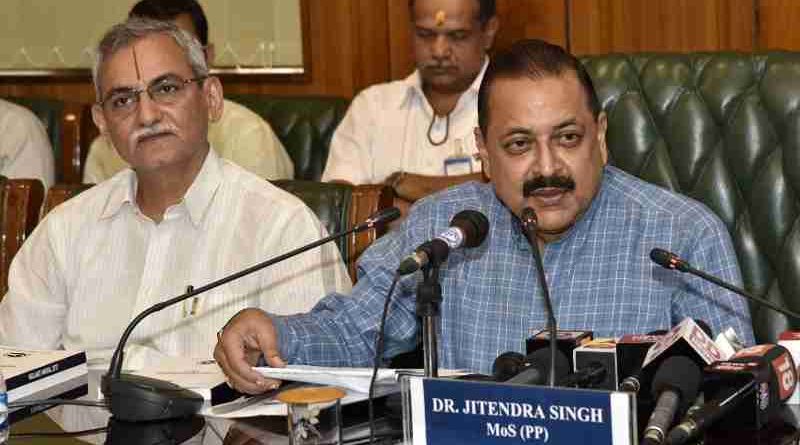CVC of India Analyzes Top 100 Bank Frauds

CVC of India Analyzes Top 100 Bank Frauds
India’s top anti-corruption organization Central Vigilance Commission (CVC) has reviewed and analyzed Top 100 Bank Frauds, as on 2017.
Sharing the details T. M. Bhasin, Vigilance Commissioner, CVC informed on October 16, 2018 that the Commission has sub divided the study into 13 sectors. These are Gems and Jewellery, Manufacturing, Agro, Media, Aviation, Services, Discounting of cheques and bills, Trading, IT, Exports, Fixed deposits and Demand Loan.
Bhasin said that as a conscious decision and with a view to maintaining discreteness, the names of borrower accounts / entities and the names of the Banks have not been disclosed in the report.
[ The Integrity Bulletin Launched to Cover Corruption Issues ]
However, he said, steps are being taken for all encompassing actions such as investigation by the premier investigative agencies, fixing staff accountability, and recovery measures for effective action.
Bhasin added that the modus operandi of these loans has been thoroughly analyzed and various loopholes / lapses have been identified. Based on the findings, various industry specific suggestions for systemic improvement have been given in the final report, which have also been sent to the Department of Financial Services (DFS) and RBI, in order to plug the loopholes observed by the Commission.
[ Support New Research Project on Corruption in India ]
The measures suggested include strengthening of SOPs, monitoring system, and also highlighting the role of controlling offices, so as to examine the aspects of quality of business.

Bhasin said that this analytical study was initiated by the Commission as a preventive vigilance measure to minimize the occurrence of such types of frauds in future. RBI has also confirmed to the Commission that inputs given by CVC are very useful and shall be used for systemic improvements to mitigate the risks.
Bhasin said that the intention of the Commission is to bring about awareness among the field functionaries by enhancing their knowledge towards the existing lapses, so that the frauds of similar nature do not recur.
These studies have been done by the Commission as a preventive vigilance tool by utilizing its experience of handling various cases of frauds and staff accountability related matters.






